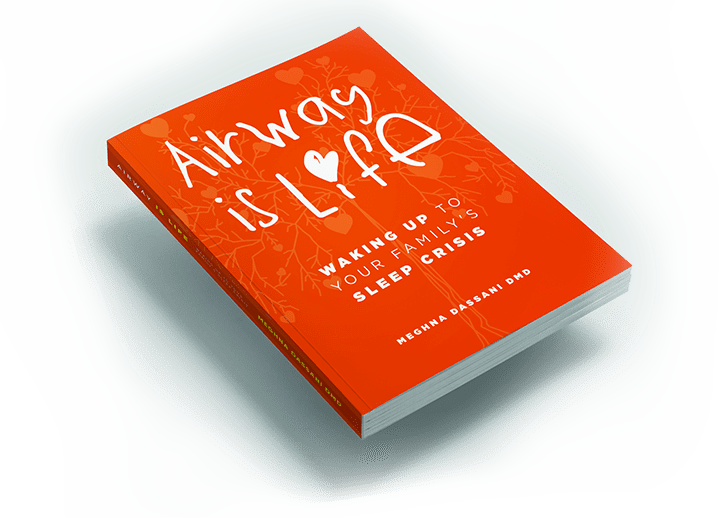Here’s how uncontrolled sleep apnea puts your health at risk
When it comes to staying healthy, most people think of eating a nutritious diet and getting regular exercise. But did you know that the quality of your sleep also plays a critical role?
Millions of people suffer from sleep-disordered breathing, like obstructive sleep apnea (OSA). And if left untreated, these issues can lead to serious health consequences, including high blood pressure, heart disease, and stroke.
The good news is that obstructive sleep apnea is generally very treatable. But you have to be proactive about looking for the warning signs and then get tested.
What are the signs of OSA?
Obstructive sleep apnea is a condition in which breathing is repeatedly interrupted during sleep. The most common symptom of OSA is snoring. Other symptoms include gasping or choking noises, pauses in breathing, and restless sleep.
People with OSA often wake up feeling tired, even if they’ve slept for seven or eight hours. In some cases, sleep apnea can lead to daytime fatigue, memory problems, irritability, and difficulty concentrating.
If you think you may have obstructive sleep apnea, talk to your doctor. A simple sleep study can confirm the diagnosis and help you get the treatment you need to get a good night’s sleep and improve your health and well-being.
Without proper treatment, uncontrolled sleep apnea can pose the following risks:
High blood pressure
One of the most common risks of uncontrolled sleep apnea is high blood pressure. When you stop breathing during sleep, your blood pressure can increase, which can lead to a heart attack or stroke.
Heart disease
When you suffer from sleep apnea, your body doesn’t get the oxygen it needs during sleep. This isn’t just bad for your energy levels and mood the next day. Over time, it can also result in heart disease.
When you stop breathing, your heart has to work harder to pump oxygenated blood throughout your body. This can lead to an irregular heartbeat, which can damage your heart muscle over time.
Diabetes
Sleep apnea can also affect your blood sugar levels. As mentioned before, your body doesn’t get the oxygen it needs when you stop breathing. This can cause your blood sugar levels to rise and may lead to diabetes down the road.
Depression
Depression is another risk of uncontrolled sleep apnea. When you don’t get enough restorative sleep, your mood and energy levels can be negatively affected. And this can lead to feelings of sadness, hopelessness, and depression.
Weight gain
Additionally, sleep apnea may cause you to gain weight. When you don’t get enough sleep, your body doesn’t have adequate energy to burn calories.
Pre-existing obesity is common among people with sleep apnea. And obesity is often an underlying cause of many of the aforementioned health risks. Of course, not everyone with sleep apnea is obese.
But if you are overweight or obese and think you may have sleep apnea, weight loss is a key part of treatment. This is especially true for people who accumulate fat in their necks and upper belly.
How to diagnose and treat sleep apnea
If you suspect you have sleep apnea, the first step is to visit your doctor for an evaluation. Your doctor may recommend a sleep study to confirm the diagnosis.
Sleep apnea is classified according to severity:
- Severe obstructive sleep apnea
- Moderate obstructive sleep apnea
- Mile obstructive sleep apnea
If you are diagnosed with sleep apnea, you have several treatment options available, based on the severity of your case.
One of the most common treatments is a continuous positive airway pressure (CPAP) machine. A CPAP machine delivers a steady stream of air to your lungs through a mask you wear while you sleep. The CPAP machine keeps your airway open and prevents you from having apnea episodes.
Other treatments include wearing an oral device designed to keep your airways open while you sleep or using supplemental oxygen. With proper treatment, people with sleep apnea can improve their quality of life and reduce their risk of complications, like heart disease and stroke. So if you suspect that you or someone you know has sleep apnea, schedule a time to speak with your health care provider.
Dr. Meghna Dassani has practiced dentistry for over two decades and is passionate about the role dentists play in whole-body health. You can learn more at her website: MeghnaDassani.com.
Healthy Sleep Revolution Podcast
Snoring? Tired all day? Trouble focusing?
So many think these symptoms are common in kids and adults when tired. Join us as we debunk some of these common myths and put the spotlight on Sleep Apnea. Discover what constitutes healthy sleep and how we can help ourselves and our kids get the best sleep ever.


